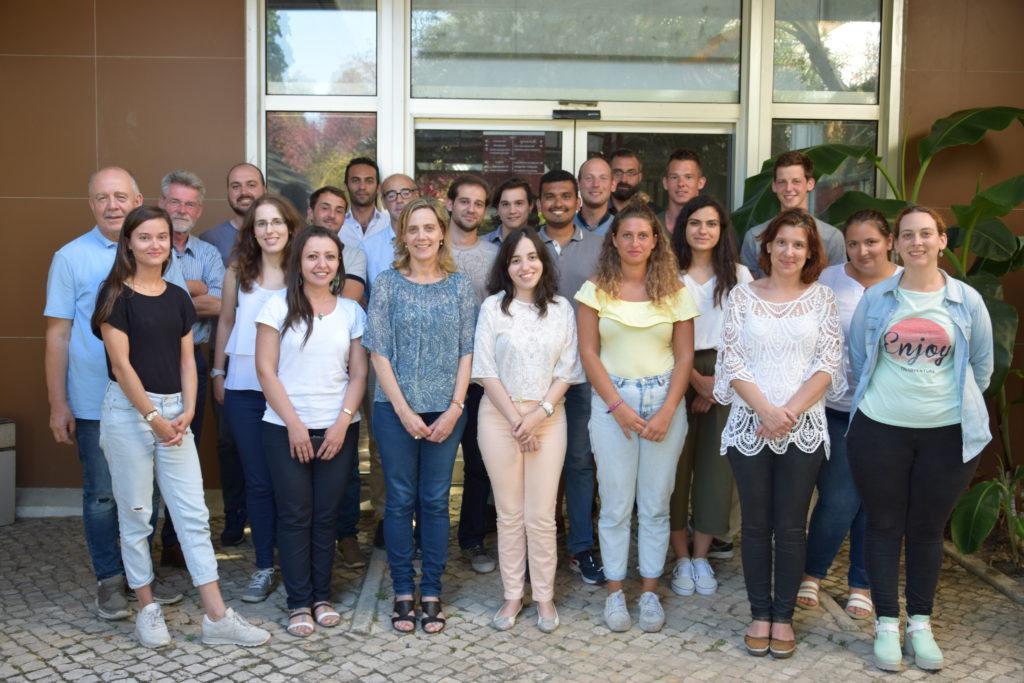30 professionals, researchers, PhD and master students coming from different parts of the world, encompassing countries from Brazil to India, delved into the complex world of biorefineries at the eseia International Summer School (ISS) 2018, held in Lisbon, Portugal, under the guide of experts coming from university, research organizations and business. Between 9 -21 July 2018, they addressed together, in interactive lectures and workshops aimed at encouraging discussion from different perspectives, how the concept of biorefinery evolved, leading to new processes and sustainability paths.
During the first week, students gained in-depth knowledge on the bioresource value chain, spacing from “Bioeconomy” (Marlene Kienberger, TU Graz) to “Energy from Biorefineries” (Andrej Gubina, University of Ljubljana) and “Renewable Energies Integration in the Biorefinery” (Macedon Moldovan, Transylvania University of Brasov). However, it was not only theory for ISS 2018 participants, as a core part of the summer school was dedicated to experience first-hand, how theories and concepts are applied. For this reason, the second week was entirely dedicated to experimental work in the labs. Furthermore, students had the opportunity to visit the Figueira da Foz Industrial Complex of the Navigator Company, one of the largest and most efficient industrial units in Europe for the integrated recovery of waste and by-products from the pulp and paper production process. Under the guidance of Navigator´s experts, students visited the factory and its large-scale production units equipped with the most up-to-date technology. Participants valued not only the practical learning exposure but also the attention that was being given to personal career development, as they were able to present their own work and projects and received guidance from the lecturers.

Participants at the International Summer School at LNEG, Lisbon, Portugal, on 16 July 2018.


